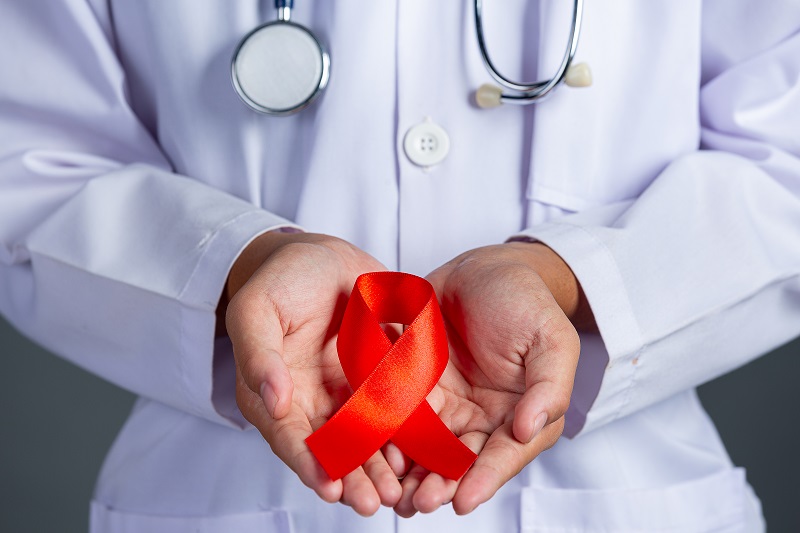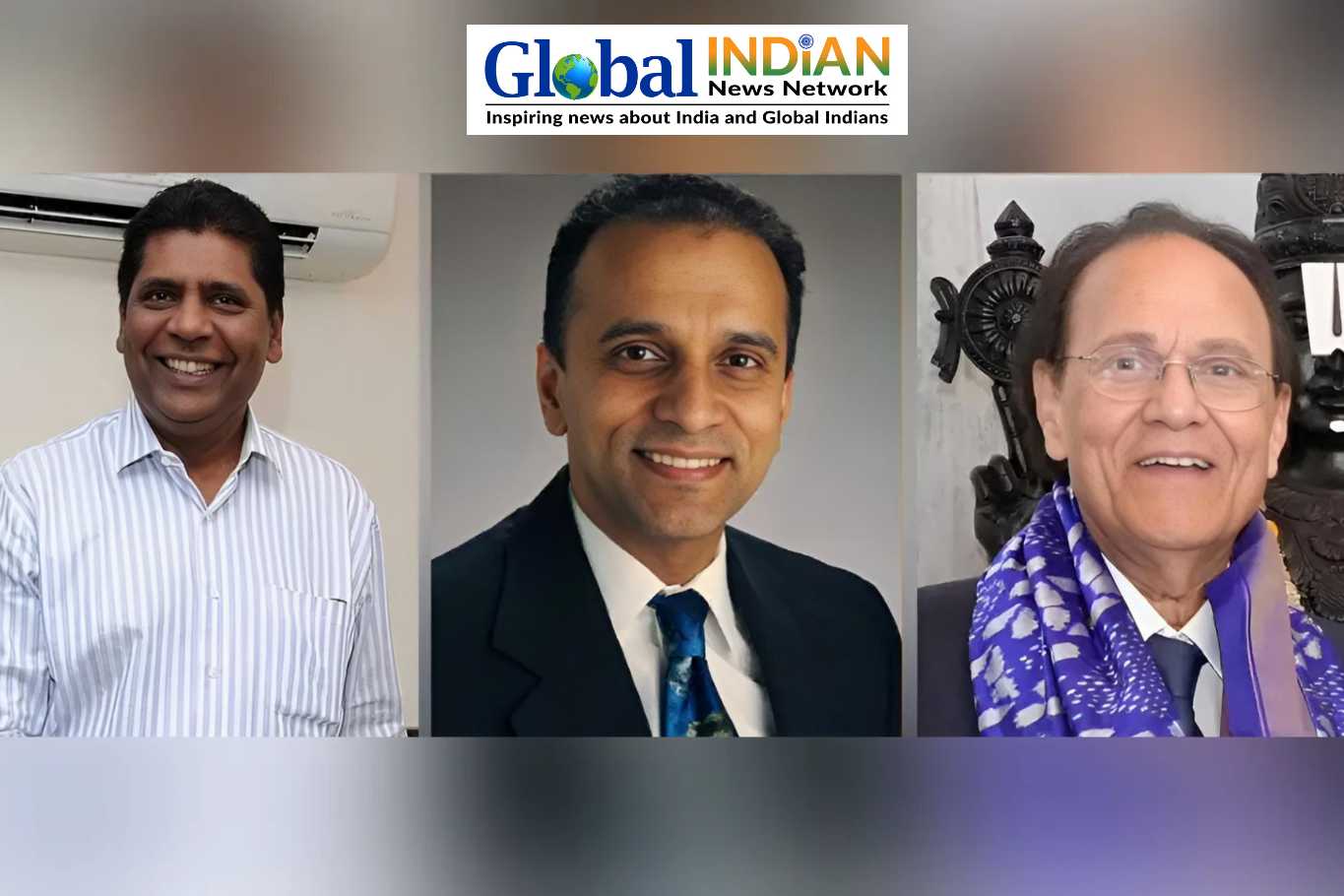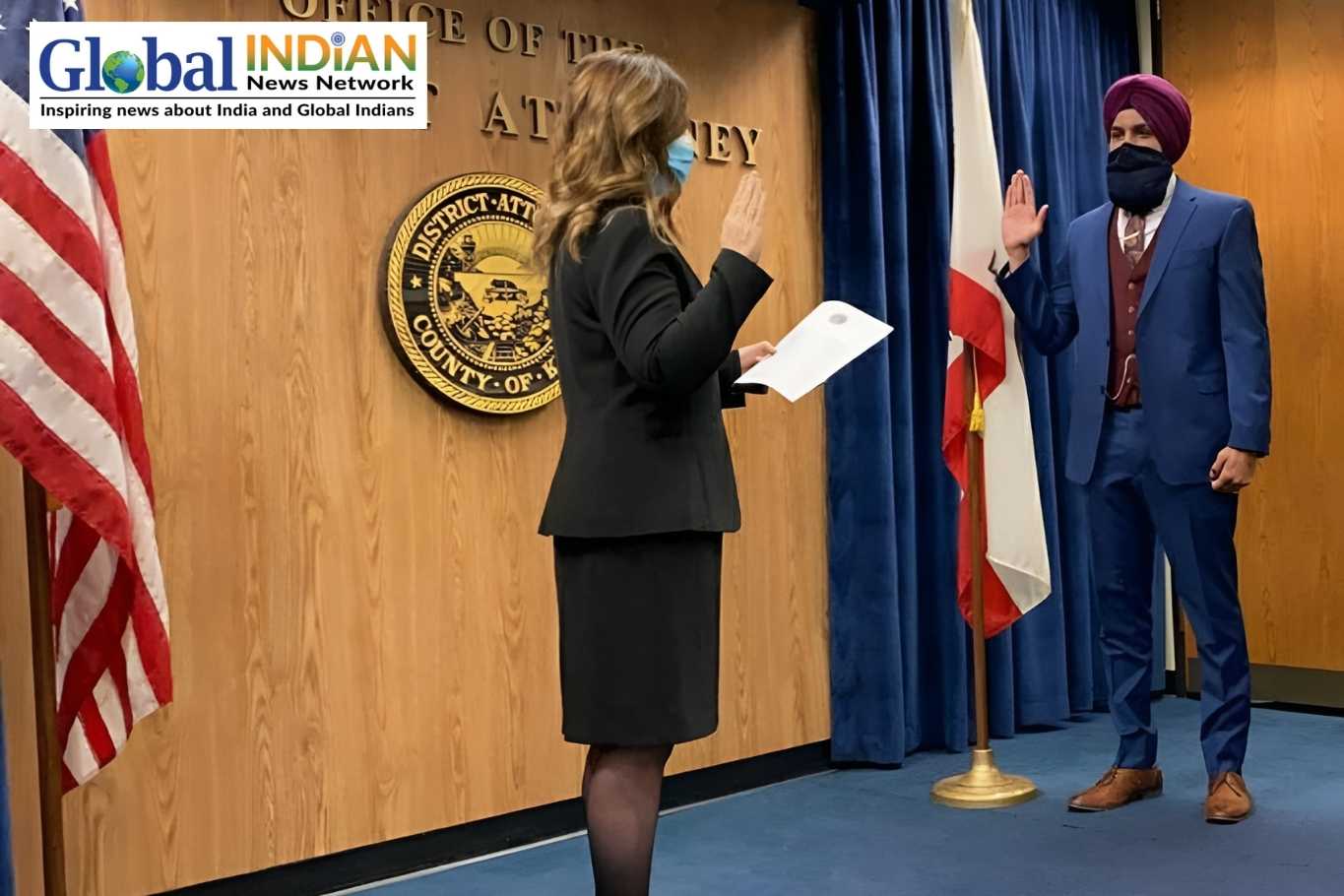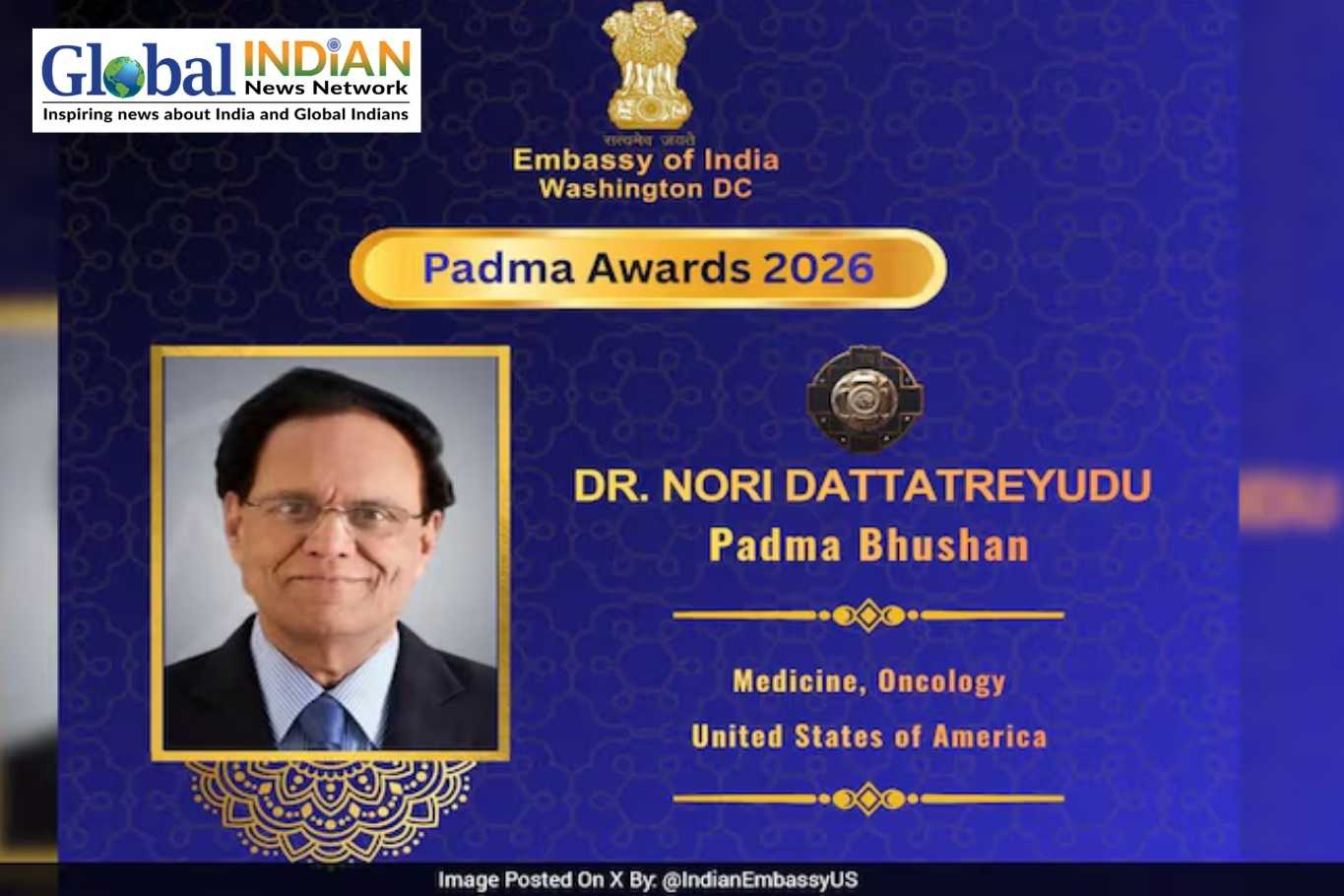
Venigalla Rao, an Indian-American professor, has been granted a $5 million research award by the National Institute on Drug Abuse (NIDA) through its Avant-Garde Award Program for HIV and Substance Use Disorder Research. The grant aims to support Rao’s endeavors in developing a cure for HIV, a virus that attacks the immune system and leads to acquired immunodeficiency syndrome (AIDS). As HIV remains a significant global health challenge, having claimed about 40.4 million lives to date, according to the World Health Organization (WHO), efforts to find a cure are critical worldwide.
The NIDA Avant-Garde Award is dedicated to groundbreaking research that could transform HIV prevention and treatment, especially among individuals affected by substance use disorders. Rao’s innovative approach involves gene therapy technology, recently highlighted in Nature Communications, which targets complex medical issues such as cancer, HIV, and even COVID-19.
Rao’s research focuses on utilizing gene therapy to repair stem cells, potentially offering a pathway to eradicate HIV and other genetic diseases. By restoring these cells, Rao envisions a scenario where individuals may become naturally resistant to HIV without the need for ongoing drug treatment.
Currently serving as a biology professor at The Catholic University of America, Rao established the University’s Bacteriophage Medical Research Center in 2021 and serves as its founding director. He has garnered multiple accolades from the National Institutes of Health (NIH) and the National Science Foundation (NSF) for his research contributions. Additionally, Rao holds 24 U.S. and international patents and is recognized as a Fellow of the American Academy of Microbiology and the National Academy of Inventors.
Despite the ambitious nature of his research, Rao remains pragmatic about the challenges ahead. He acknowledges the possibility of setbacks but emphasizes the importance of perseverance and collaboration in overcoming obstacles. Rao earned his Ph.D. in biochemistry from the Indian Institute of Science in 1980 and conducted post-doctoral research at the University of Maryland Medical School. Throughout his career, he has held leadership roles in academic institutions, including chairing Biology and its graduate programs, and directing the Center for Advanced Training in Cell and Molecular Biology for over two decades.












1 Comment
Great read! I appreciate the effort you put into researching this.